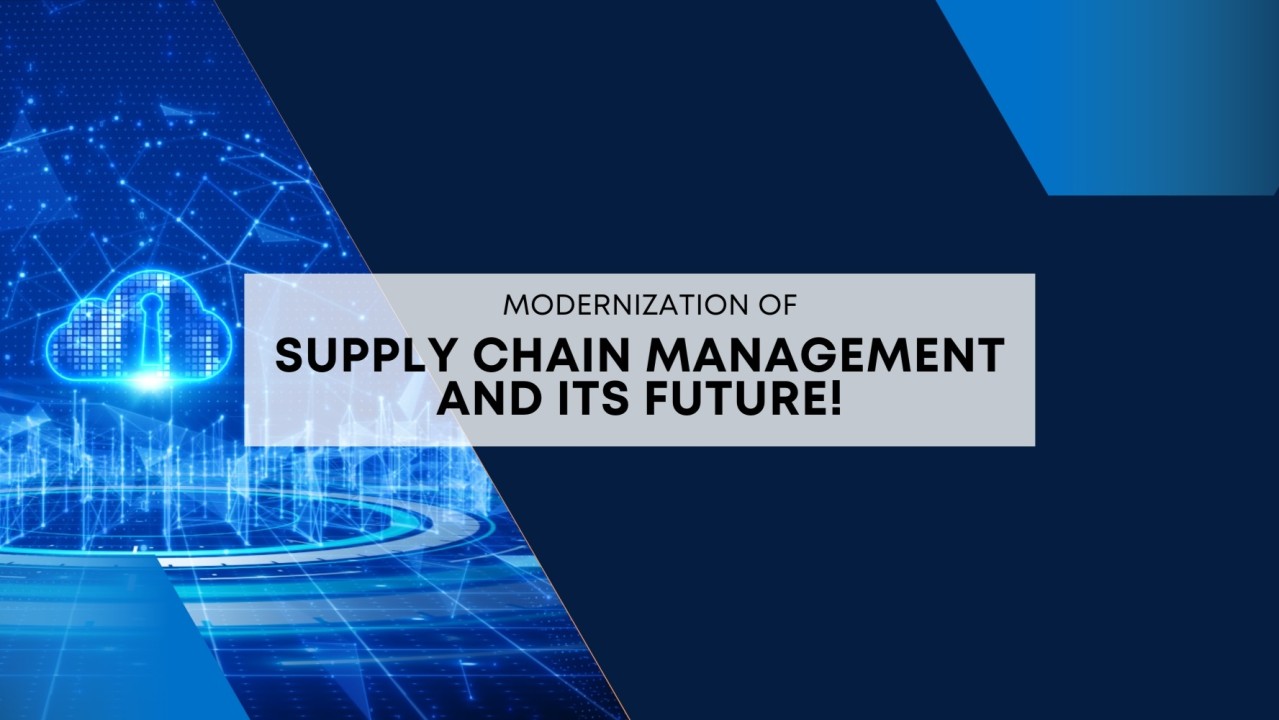|
The future of supply chain management in Australia is poised for significant transformation, driven by advancements in technology, increased focus on sustainability, and the need for greater resilience. One of the key trends shaping the future is the adoption of advanced technologies such as artificial intelligence (AI), machine learning, and automation. These technologies are expected to enhance supply chain efficiency by automating repetitive tasks, improving data analysis, and providing better visibility into supply chain operations. According to KPMG’s Future of Supply Chain report, 37% of businesses already use automation, and 39% plan to invest in digital technology to bolster data synthesis and analysis (KPMG, 2023).
Another critical aspect of the future of supply chain management in Australia is the emphasis on Environmental, Social, and Governance (ESG) commitments. As stakeholders and regulators increasingly scrutinise ESG factors, businesses must integrate responsible sourcing, decarbonisation, and circular economy principles into their supply chain strategies. This shift towards sustainability is a regulatory requirement and an opportunity for businesses to create value and enhance their reputation. KPMG’s report highlights that addressing ESG impacts is now a necessity, and leaders must view this as an opportunity to make ESG a key consideration within supply chain planning and decision-making processes (KPMG, 2023). The COVID-19 pandemic has underscored the importance of supply chain resilience, and this will continue to be a focal point for Australian businesses. The disruptions caused by the pandemic have highlighted vulnerabilities in global supply chains, prompting businesses to build more resilient and agile supply chains. This involves diversifying suppliers, increasing inventory buffers, and investing in technologies that enhance supply chain visibility and responsiveness. KPMG’s report indicates that 87% of global businesses see improved visibility of suppliers as vitally important, yet 43% are unclear about their performance (KPMG, 2023). Australian businesses must prioritise these aspects to remain competitive in a rapidly changing global landscape. In addition to technological advancements and sustainability, the future of supply chain management in Australia will also be shaped by workforce development. As supply chains become increasingly digital, there is a growing need for a workforce skilled in digital technologies and capable of managing automated processes. This requires businesses to invest in training and development programs that equip employees with the necessary skills to thrive in a digital supply chain environment. KPMG’s report emphasises the importance of creating a future-fit supply chain workforce that merges human and digital capabilities for efficiency, strategy, and innovation (KPMG, 2023). Finally, the need to stay competitive globally will influence the future of supply chain management in Australia. Australian businesses must increase their investment in supply chain technologies and workforce development to keep pace with global standards. While Australian supply chains have access to a highly skilled workforce and reasonable infrastructure, they still perform below the level of international standards and regional neighbours (KPMG, 2023). By embracing advanced technologies, prioritising sustainability, and building a resilient and skilled workforce, Australian businesses can position themselves for success in the future of supply chain management. ReferencesKPMG. (2023, October 10). Supply chains must be 'future ready'. Retrieved from KPMG: https://kpmg.com/au/en/home/media/press-releases/2023/10/supply-chains-must-be-future-ready-10-october-2023.html KPMG. (2023, September 22). The Future of supply chain. Retrieved from KPMG: https://kpmg.com/au/en/home/insights/2023/09/future-supply-chain-esg-technologies-workforce.html
0 Comments
Leave a Reply. |
AuthorDrew Dale is the Managing Director of Drew Dale Consulting Pty Ltd, an Indigenous led consulting, training, and coaching business based in Queensland. Drew has over 40 years' experience in business management, supply chain management, project management, and sales. Archives |

